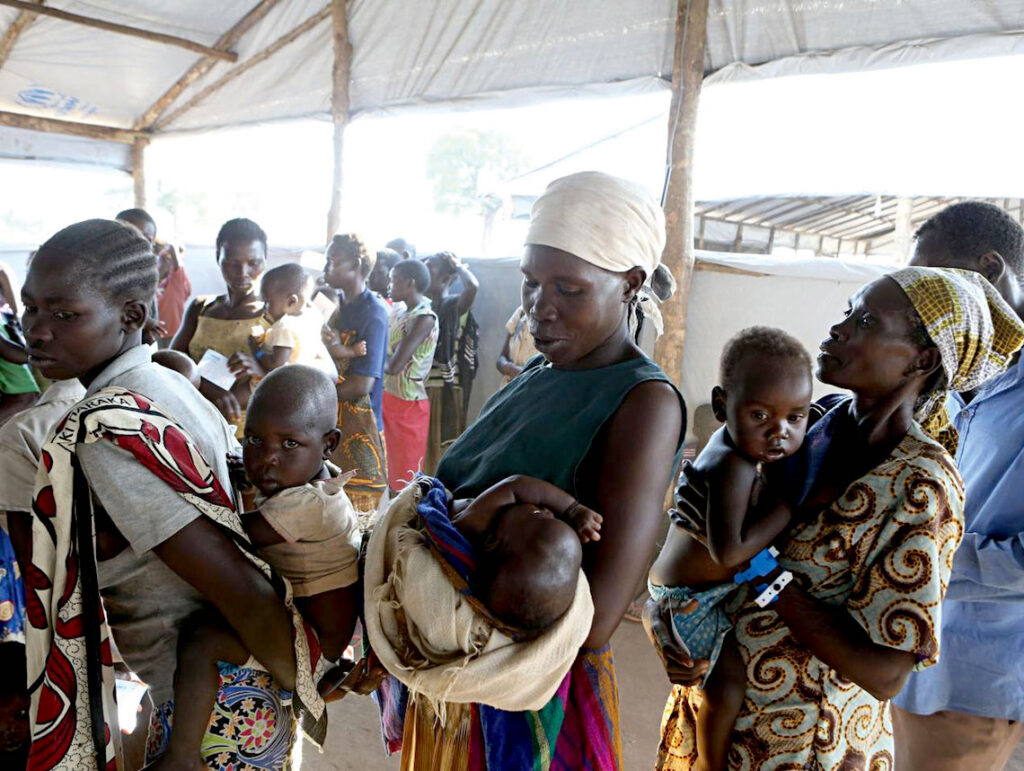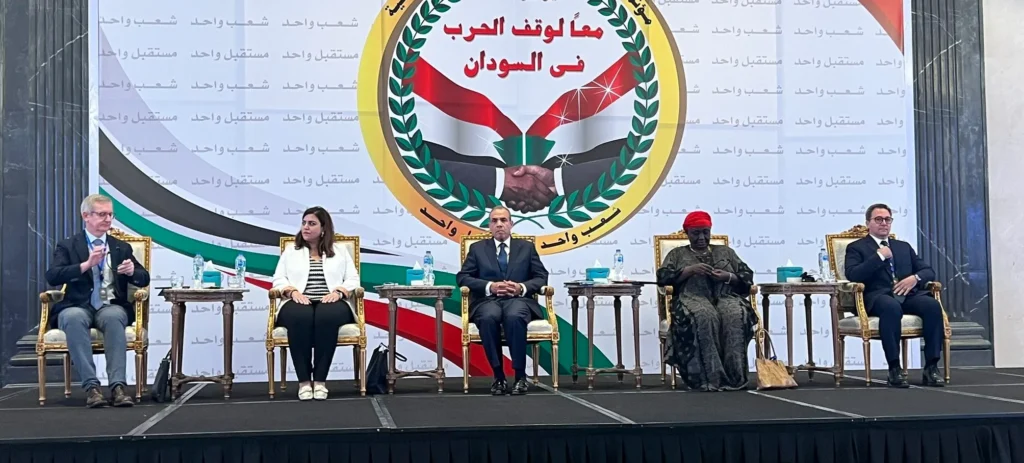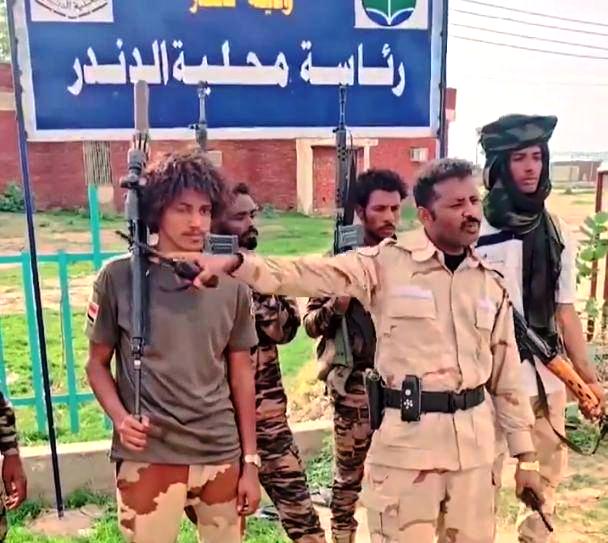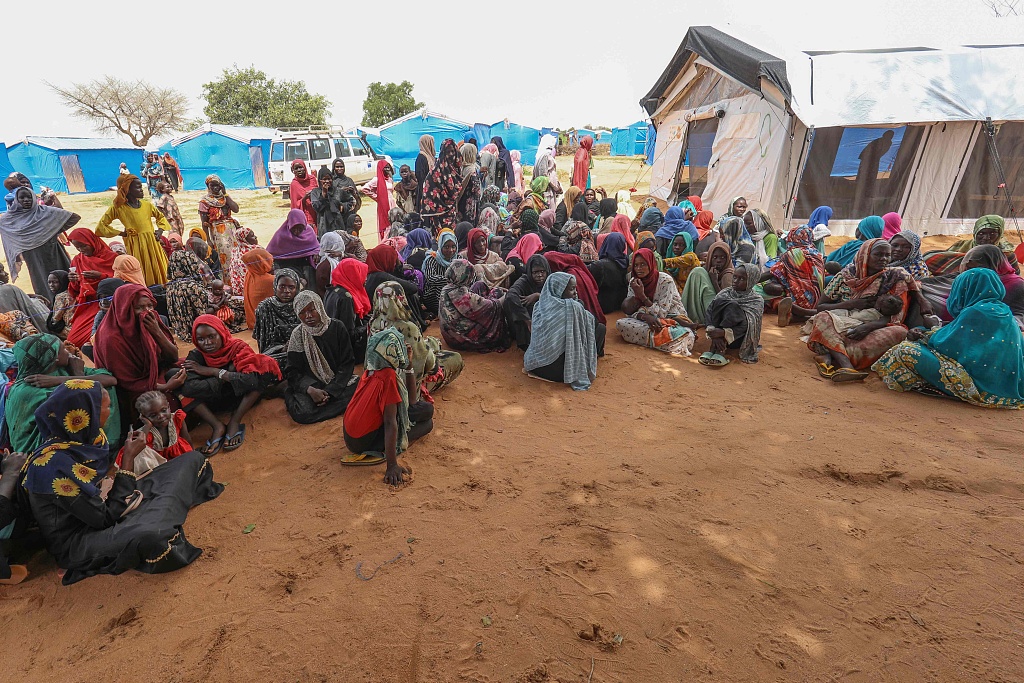
Sudanese women refugees in Uganda are facing increasingly harsh conditions in refugee camps, marked by frequent sexual assaults and a severe lack of basic necessities.
Fatima Mohammed (a pseudonym) described to Sudan Tribune the relentless hardships and the ongoing threat of assault by individuals from various nationalities, including Congolese, South Sudanese, Kenyan, Ugandan, and Somali.
Mohammed emphasized the critical shortage of sanitary pads and inadequate healthcare for pregnant women in the camps.
She urged the UNHCR and the Ugandan government to enhance security, improve camp conditions, and ensure access to essential services for all refugees.
Education and Healthcare Disruptions
Israa Hassan Hamza, another Sudanese refugee, reported that harassment from students of other nationalities has led many
Sudanese families to pull their children out of school. Hamza also highlighted the lack of primary healthcare, leading to miscarriages among refugees. She recounted a recent incident where a refugee woman miscarried following a clash with Ugandan police.
The absence of gynecologists, obstetricians, and Sudanese midwives, particularly for those who have undergone female genital mutilation, exacerbates the situation. Additionally, the camp hospital lacks essential vitamins for pregnant women, forcing refugees to buy them despite financial hardships.
Hawa Mohamed al-Nur pointed out the scarcity of job opportunities within the camp, pushing both men and women to seek alternative work for additional income.
Community Center Offers Hope
Dr. Adeeb Abdel Rahman, director of the “People for People” organization, announced the opening of the Amal Community Multipurpose Centre in the Kiryandongo camp.
The center aims to address income generation and job creation for refugees, offering training to 50 refugees, including 30 new Sudanese arrivals, in making liquid soap and Vaseline.
Dr. Abdel Rahman also revealed plans to establish a therapeutic camp staffed by doctors from various specialties to provide healthcare services to Sudanese refugees.
Beyond economic support, the center focuses on conflict resolution, mental health, cultural and social activities, education, and art for peace, functioning as a partnership between the organization and the camp community.




